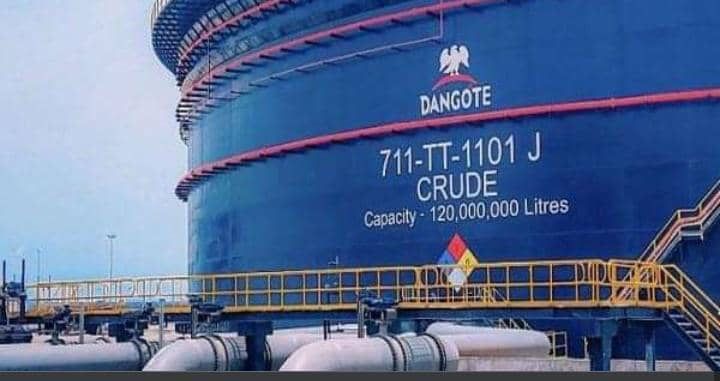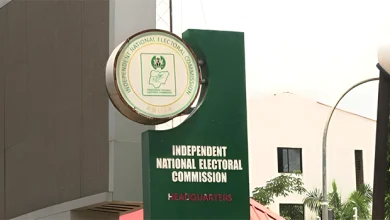
The vice president of Dangote Industries Limited, Edwin Devakumar, has disclosed that Dangote Refinery and other local refiners are struggling to secure enough crude oil supplies, despite the federal government’s initiative to sell crude in local currency.
To address challenges related to foreign currency access, the federal government announced in July that it would sell crude oil in naira to local refineries for an initial six months, starting in October.
The sale officially began on October 1, prompting Dangote refinery to focus on local crude supplies. The refinery recently received four crude cargoes from the NNPCL under the naira-for-crude sale agreement, but it still relies on the U.S. for additional crude supplies.
“We need 650,000 barrels per day; state oil firm NNPC Ltd agreed to give a minimum of 385,000 bpd but they are not even delivering that,” Devakumar told Reuters on Friday.
Although the Dangote refinery, located in Lagos, is designed to compete with European refiners at full capacity, it has faced difficulties in securing enough crude to operate at optimal levels. While Devakumar did not disclose specific numbers, he referred to deliveries from NNPC under the new scheme as “peanuts.”
According to Mathins Obaze, acting executive director of the Crude Oil Refinery Owners Association of Nigeria (CORAN), Dangote is the only refinery among the eight operational in Nigeria to benefit from the naira-denominated crude sale arrangement. He added that other refinery owners are still unable to access crude priced in naira and are in discussions with the government for a resolution.
“Members are still unable to access crude in naira and are currently engaging the government for a resolution,” Obaze said.
In August, Dangote Refinery called on the Nigerian Upstream Petroleum Regulatory Commission (NUPRC) to enforce a rule requiring oil producers to supply a portion of their output to local refineries. In a statement, Dangote accused the NUPRC of failing to enforce the Domestic Crude Supply Obligation (DCSO), a provision mandating crude oil producers to supply domestic refineries.
“Our concern has always been that the NUPRC is pushing, but the international oil companies are not following the instructions,” said Anthony Chiejina, a spokesperson for Dangote Refinery.
“Consequently, we often purchase the same Nigerian crude from international traders at an additional $3-$4 premium per barrel which translates to $3-$4 million per cargo,” he added.
In response, the NUPRC explained that some producers were facing operational challenges, while others had committed most of their output to oil traders who financed drilling. It also stated that forcing producers to increase supply would breach their contracts.
With a current capacity of 425,000 bpd, Dangote has turned to international markets to secure additional crude supplies. According to trade sources and shipping data, NNPCL purchased two million barrels of U.S. WTI Midland crude on Wednesday, marking its first U.S. crude purchase since August.





